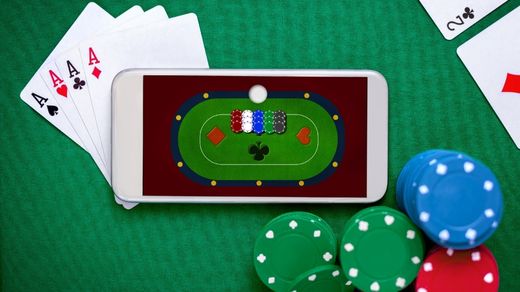Introduction
Luck is a concept deeply intertwined with the world of gambling, where players rely on chance and probability to determine their outcomes. Understanding the science of luck and probability is essential for both casual gamblers and seasoned professionals alike, as it can inform strategies, manage expectations, and enhance the overall gambling experience. Here, we delve into the intricacies of probability in gambling, exploring how it influences game outcomes, player decisions, and the overall dynamics of the gambling environment.
The Fundamentals of Probability
Probability, in the context of gambling, refers to the likelihood of a particular event occurring during gameplay. It is often expressed as a percentage or fraction, with higher probabilities indicating a greater likelihood of occurrence. In gambling, probability plays a crucial role in determining the odds of winning or losing a bet, with games of chance such as roulette and slot machines relying heavily on probabilistic outcomes.
Understanding House Edge and Return to Player (RTP)
The concept of probability is closely related to the house edge and return to player (RTP) percentages, which are fundamental aspects of gambling mathematics. The house edge represents the statistical advantage that the casino holds over the player in any given game, while the RTP percentage indicates the expected return to players over time. Understanding these concepts is essential for players to make informed decisions about which games to play and how to manage their bankrolls effectively.
Probability in Different Games
Probability manifests differently across various gambling games, each with its own set of rules, odds, and potential outcomes. In games of pure chance, such as roulette and slot machines, probability determines the likelihood of landing on a specific number or symbol, while in games of skill, such as poker and blackjack, probability influences the likelihood of certain card combinations or hands occurring. By understanding the probabilities inherent in each game, players can make strategic decisions to maximize their chances of winning.
Managing Risk and Expectations
Managing risk and expectations is an integral part of gambling, and probability plays a crucial role in this process. By understanding the probabilities of different outcomes, players can assess the level of risk associated with each bet and make informed decisions accordingly. Additionally, understanding probability helps players manage their expectations by providing a realistic understanding of the likelihood of winning or losing over time. This can help prevent excessive losses and promote responsible gambling behavior.
Indahslot: Where Probability Meets Innovation
Indahslot is a leading online gambling platform that embraces the science of luck and probability to provide players with a fair, transparent, and rewarding gaming experience. With its diverse selection of casino games, sports betting options, and virtual experiences, Indahslot offers players a wide range of opportunities to test their luck and skills. The platform employs advanced algorithms and random number generators to ensure that game outcomes are determined by pure chance, providing players with a level playing field and a genuine gambling experience. Whether you’re a novice player or a seasoned gambler, Indahslot offers a dynamic and immersive gaming environment where probability meets innovation.
Conclusion
Probability is the foundation upon which the world of gambling is built, influencing game outcomes, player decisions, and the dynamics of the gambling environment. By understanding the science of luck and probability, players can make informed decisions, manage risk, and enhance their overall gambling experience. Whether you’re spinning the roulette wheel, pulling the lever on a slot machine, or bluffing your way to victory in a game of poker, probability shapes every aspect of the gambling experience, making it an essential concept for players to grasp.

